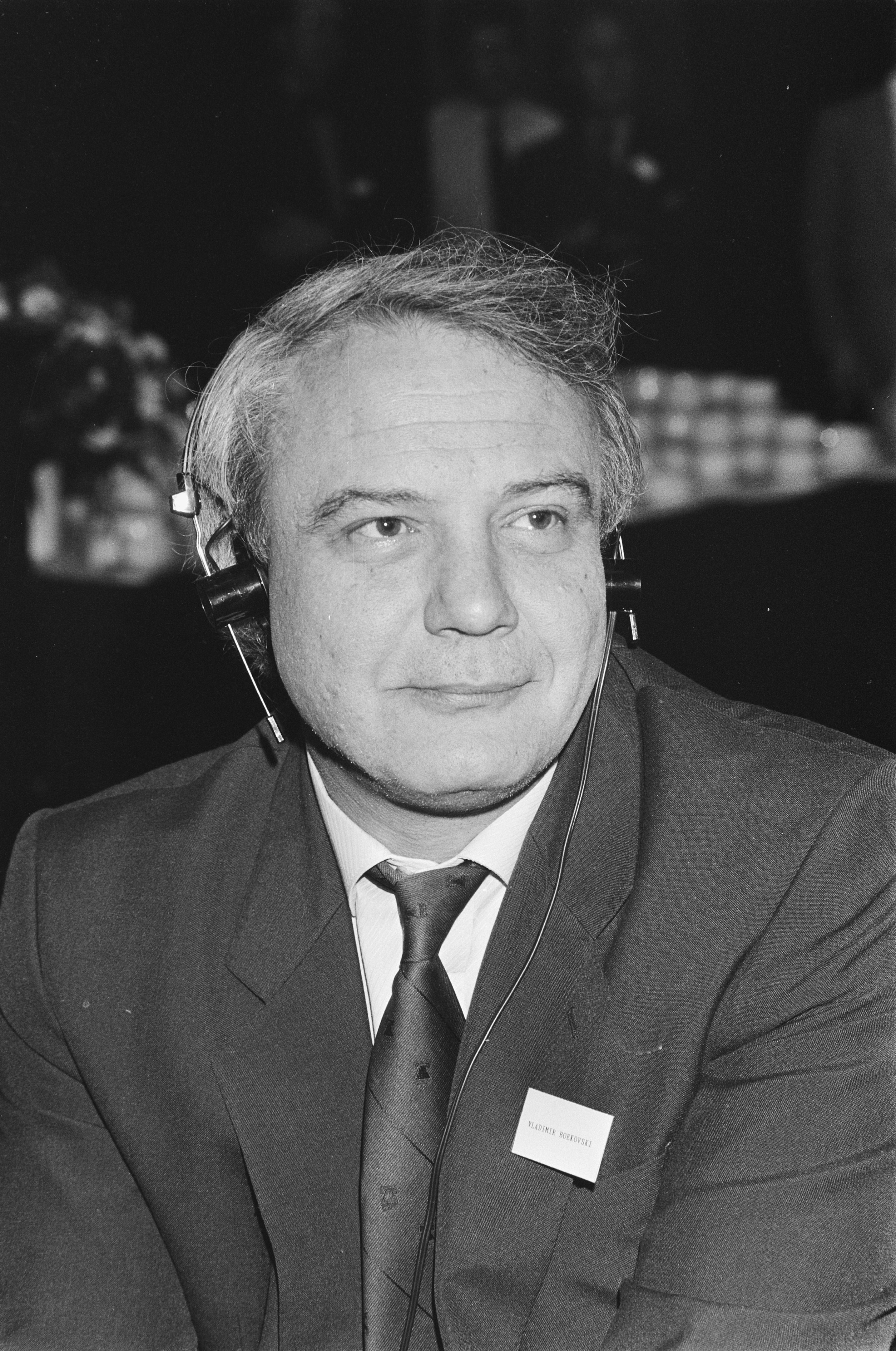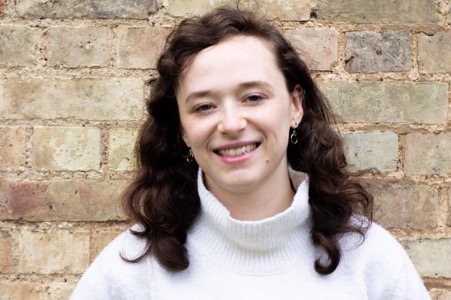Vladimir Bukovsky, a Soviet-era dissident and human rights campaigner, died aged 76 on Sunday (27 October) in a Cambridge hospital.
He had lived in the city since he was expelled from the Soviet Union in 1976.
Bukovsky was first arrested in 1963, aged 20, for possessing copies of a banned political book. Following a psychiatric examination, he was declared insane and spent 15 months in a criminal psychiatric hospital.
He subsequently spent more than a decade in and out of criminal psychiatric hospitals and prison camps. At one camp, he co-authored a guide for dissidents on how to respond to psychiatric examinations. He became prominent in the Soviet dissident movement, which was often covered by Western journalists.
Detention in criminal psychiatric institutions was a favoured method of state repression against the Soviet Union’s political dissidents during this period. Torture and malnutrition were widespread in these institutions.
His campaigning played an important role in getting the World Congress of Psychiatry to condemn the practice in 1977. His best-selling memoir To Build A Castle, released in 1978, helped to bring the practice to public attention in the West.
Bukovsky is also known for having obtained and published key documents in the early 1990s that revealed how Soviet repression was arranged at the highest levels. Known as The Bukovsky Archives, these might otherwise have been destroyed.
In later years he was dogged by ill-health, possibly a legacy from the camps and poor prison conditions. Controversy raged around him in recent years as, from 2014, he faced charges of downloading and possessing child pornography. Due to his failing health, trials were repeatedly delayed, and in 2018 it was ruled that they should remain on file.
His supporters, who include many current Russian dissidents and intellectuals, claim that the images were planted on his computer to discredit his reputation.
Bukovsky was an outspoken critic of Russian President Vladimir Putin. Despite living in the UK he stood in the 2008 Russian election, and was a close friend of murdered defector Alexander Litvinenko.
A group of voluntary supporters, named The Bukovsky Centre, publicises his work.
Bukovsky leaves behind a sister, Olga.







